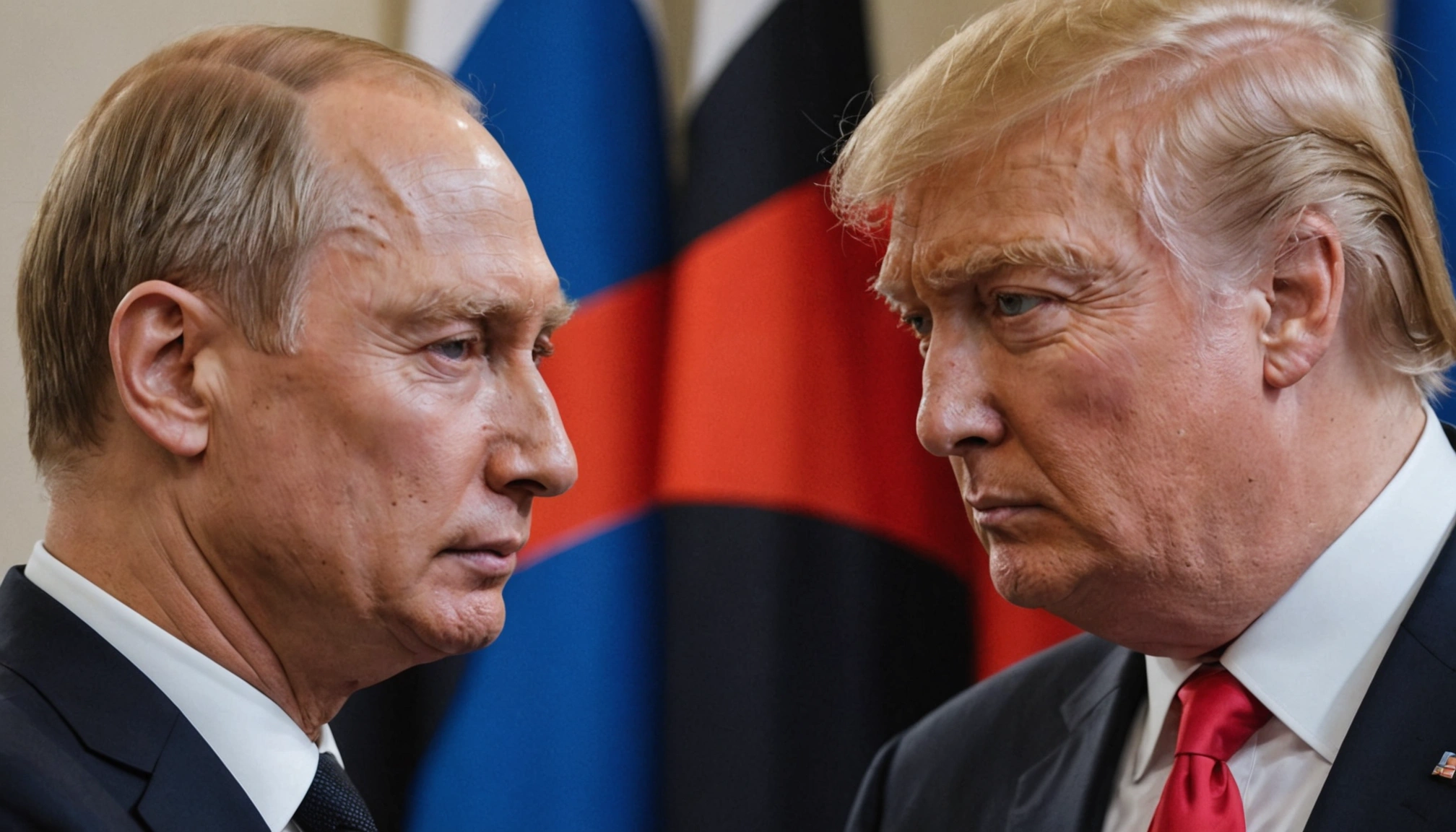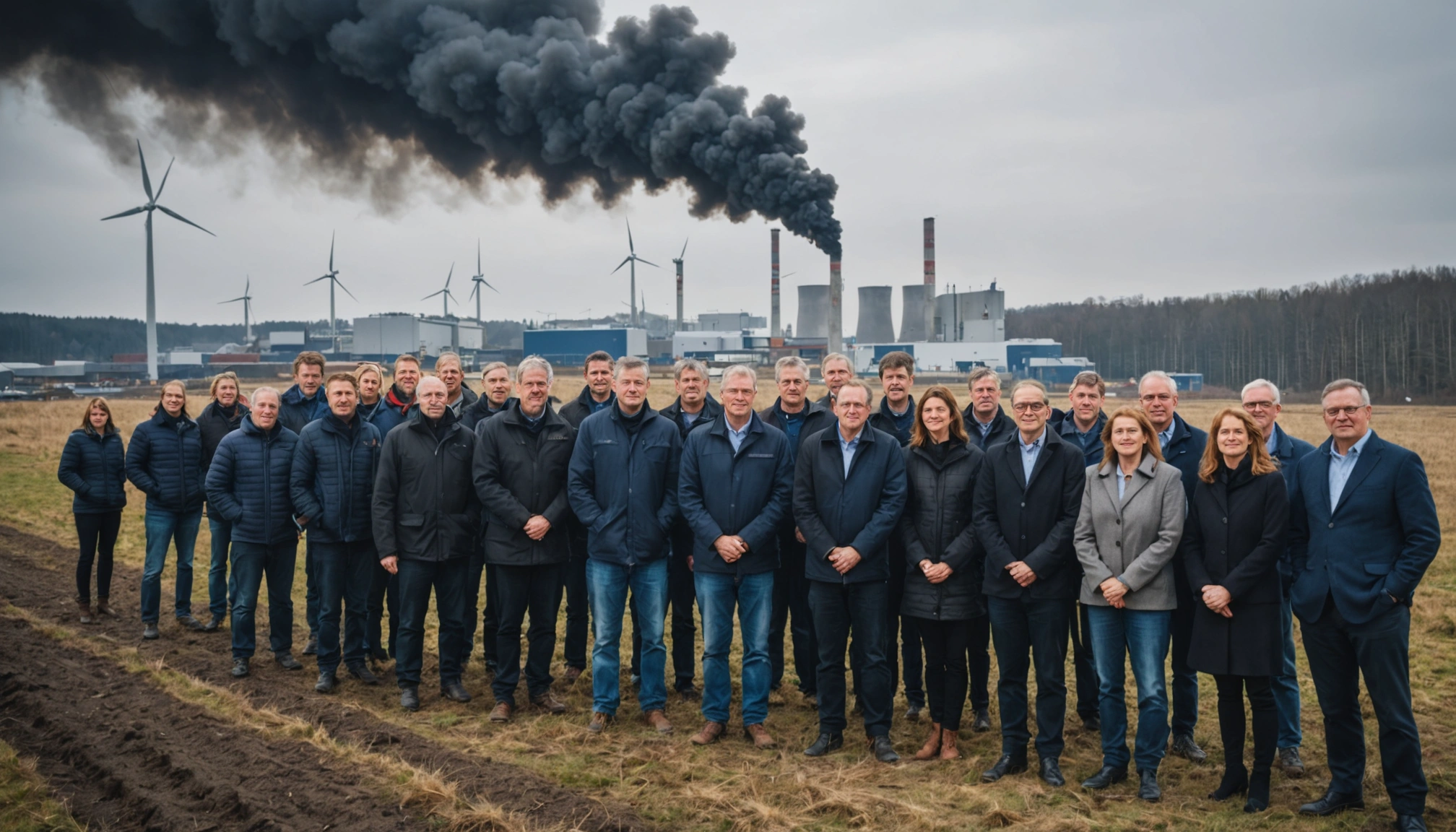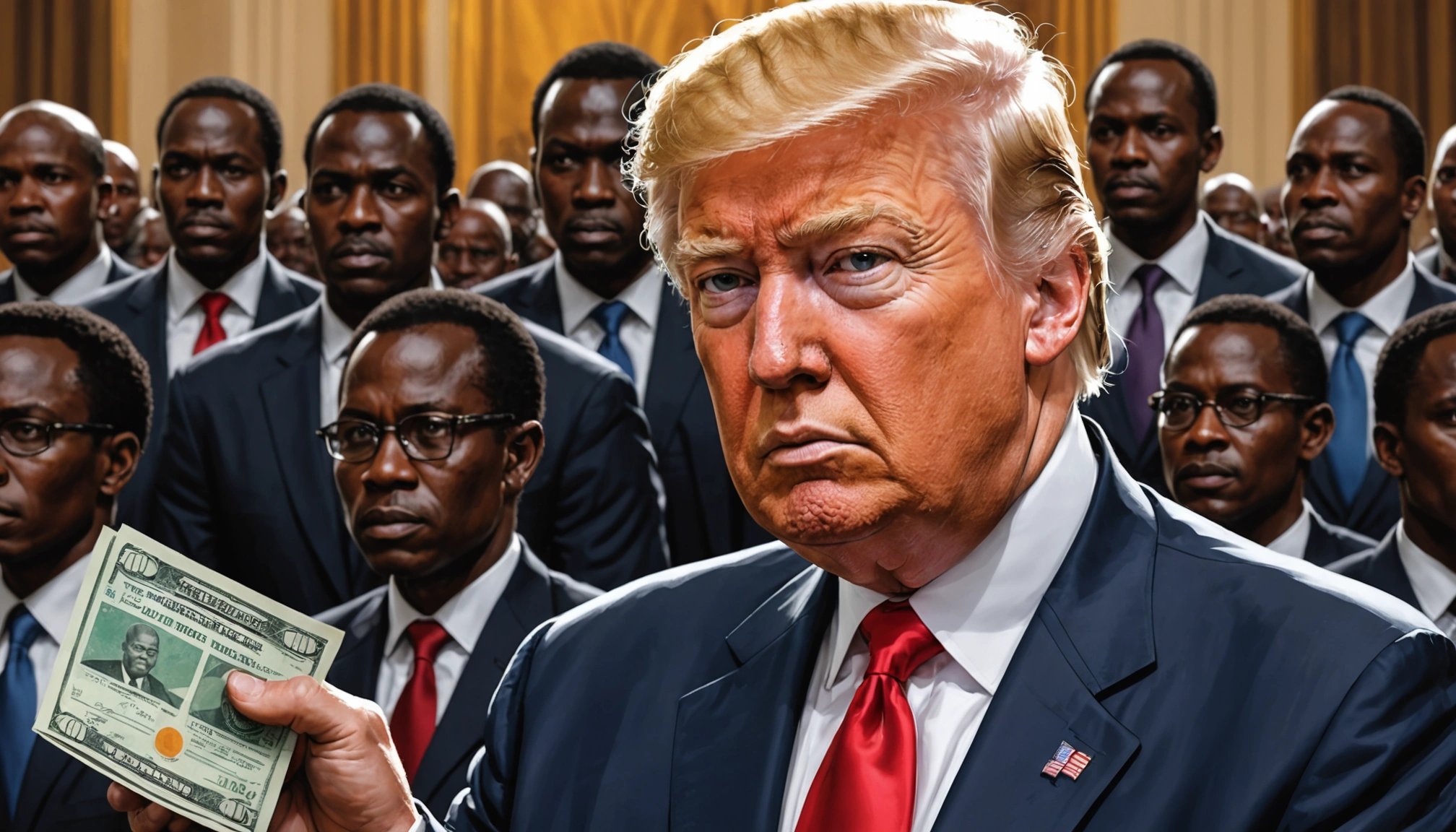Germany Navigates a Shifting World Order: Trump, Putin, and the Future of Foreign Policy

Germany stands at a critical juncture in 2025, facing a complex web of international challenges shaped by the resurgence of Donald Trump and the continued aggression of Vladimir Putin. The unexpected collapse of the coalition government in late 2024 led to early elections in February 2025, ushering in a new era of uncertainty and a potential redirection of German foreign policy. The incoming government, led by Friedrich Merz of the Christian Democratic Union (CDU), must grapple with a changing global landscape, including the ongoing war in Ukraine, strained relations with China, and the growing influence of the far-right within Germany.
The Shadow of Trump: Transatlantic Relations Under Strain
The return of Donald Trump to the White House casts a long shadow over Germany's foreign policy. Trump's "America First" approach and his skepticism towards multilateral institutions, particularly NATO, have created deep anxieties in Berlin. During his previous term, Trump repeatedly criticized Germany for its defense spending levels and threatened to withdraw the United States from the alliance. His recent statements suggesting the U.S. might not honor Article 5, the collective defense clause, for allies not meeting his spending targets have further fueled concerns.
Trump's foreign policy is likely to have several repercussions for Germany. First, American isolationism and reduced security commitments to NATO could compel Germany to strengthen the European security framework within NATO or pursue greater European autonomy, potentially aligning with French President Emmanuel Macron's vision of "European sovereignty." Second, Trump's potential deals with Putin, excluding European input, could leave Germany feeling sidelined and force it to seek preemptive dialogue with Ukraine to explore conditions for a ceasefire and eventual peace. Third, Trump's policies toward China, a crucial market for Germany, will require Berlin to align its stance with Washington, potentially straining economic ties.
The Putin Factor: Navigating a Hostile Russia
Russia's ongoing war in Ukraine remains a central challenge for German foreign policy. The invasion has led to a near-complete reversal of German-Russian relations, with Berlin becoming a key driver of sanctions and political opposition against Moscow. Germany has provided substantial financial and military support to Ukraine, including critical air defense systems and humanitarian assistance.
However, Germany's approach to Russia is complex. Historically, Germany has sought close relations with Russia, viewing it as essential for peace in Europe. This "Ostpolitik," or Eastern Policy, emphasized economic cooperation and dialogue. However, Russia's aggression in Ukraine has discredited this approach, forcing Germany to reassess its relationship with Moscow. While Germany has taken a strong stance against Russia's actions, it also recognizes the importance of maintaining some level of communication to manage the conflict and prevent further escalation.
Defense Spending and NATO: Reassessing Germany's Role
One of the most significant shifts in German foreign policy is the renewed focus on defense spending. For years, Germany has faced criticism for failing to meet NATO's target of spending 2% of GDP on defense. However, the war in Ukraine has spurred a change in mindset, with the German government committing to increase military spending significantly.
The German parliament recently approved a 1 trillion euro spending package that effectively lifts the "debt brake" measure, which had capped military spending. This includes a 500 billion euro investment in infrastructure over 12 years, aimed at bolstering the economy. The legislation exempts all spending on defense and security, including assistance to Ukraine, over 1% of GDP from the national debt rules.
Despite these commitments, challenges remain. Germany's military, the Bundeswehr, is still struggling with outdated equipment, personnel shortages, and a lack of essential resources. While increased funding is a crucial step, it will take time to modernize the armed forces and address the existing deficiencies.
Economic Considerations: Balancing Security and Prosperity
Germany's foreign policy is also shaped by economic considerations. As the world's third-largest economy, Germany relies heavily on international trade and investment. The war in Ukraine and rising tensions with China have forced Germany to diversify its economic partnerships and reduce its dependence on certain countries.
The potential for normalized relations with Russia presents a complex economic calculation. Some analysts argue that lifting sanctions and restoring economic ties with Russia could boost Germany's GDP by as much as 2.5 percent. However, this would require a comprehensive peace settlement in Ukraine and a fundamental shift in Russia's behavior, which remains unlikely in the near term.
The Rise of the Right: Domestic Politics and Foreign Policy
The growing popularity of the far-right Alternative for Germany (AfD) party adds another layer of complexity to German foreign policy. The AfD holds more favorable views towards Russia and is more critical of the United States and the European Union. While all major parties have ruled out cooperation with the AfD, its increasing influence underscores deep divisions within German society and could constrain the government's foreign policy options.
Conclusion: Charting a Course Through Uncertainty
Germany's foreign policy in 2025 is defined by uncertainty and transition. The resurgence of Donald Trump, the ongoing war in Ukraine, and the rise of domestic populism pose significant challenges to Berlin's traditional approach to international relations. The new government, led by Friedrich Merz, must navigate these challenges while balancing Germany's security interests, economic priorities, and commitment to its allies. The choices Germany makes in the coming years will have far-reaching consequences for Europe and the global order.
Related Articles


